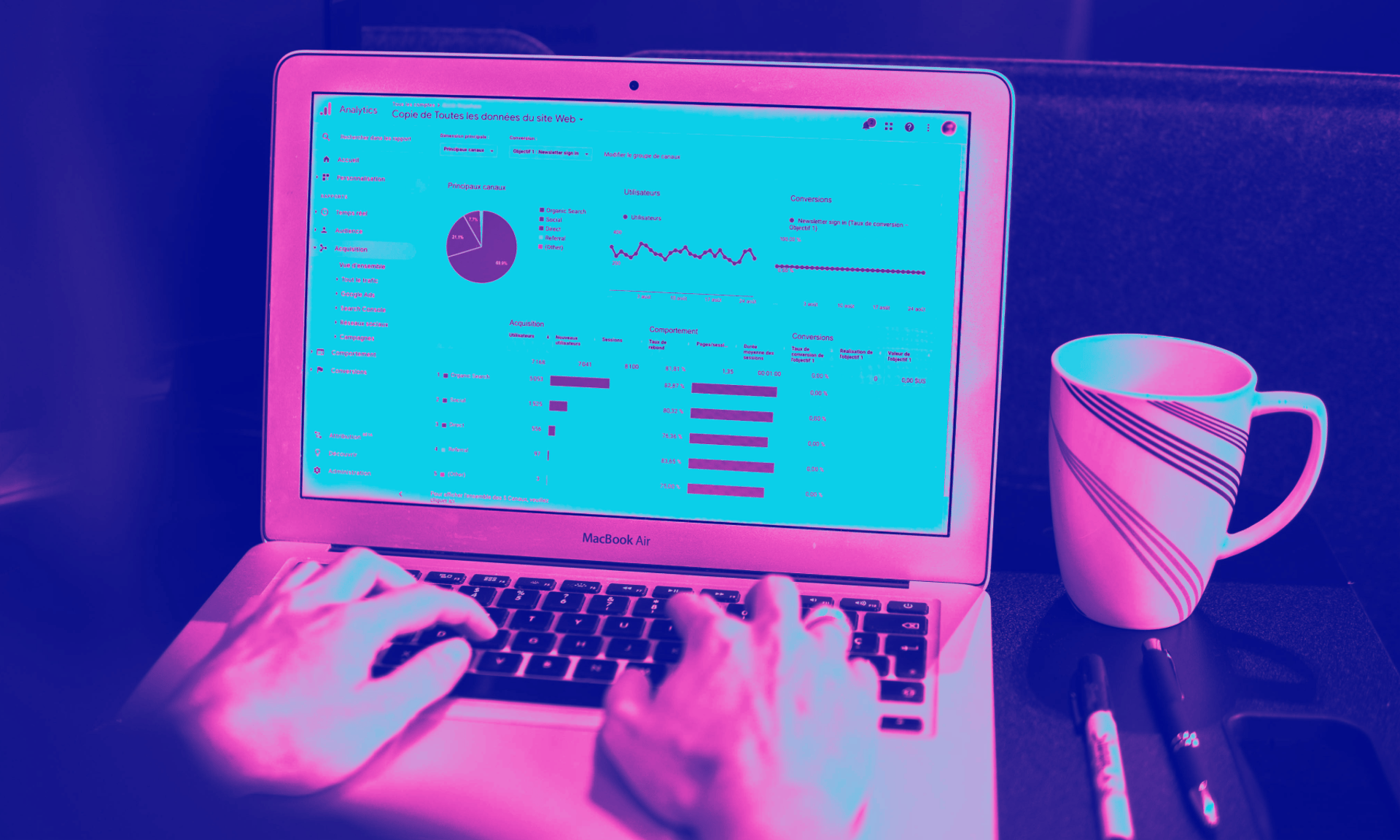Harnessing AI for Proctoring: Revolutionizing Remote Exam Monitoring
In this blog, we will explore how AI can be utilized to build a proctoring system and the benefits it brings to the education landscape.
Shriram
2/23/20233 min read

Harnessing AI for Proctoring: Revolutionizing Remote Exam Monitoring
Introduction
As remote learning and online education continue to gain momentum, maintaining the integrity of exams and assessments becomes a crucial concern. AI-powered proctoring systems have emerged as an effective solution, enabling educational institutions and organizations to remotely monitor exams, detect potential cheating, and uphold academic standards. In this blog, we will explore how AI can be utilized to build a proctoring system and the benefits it brings to the education landscape.
The Rise of AI-Powered Proctoring Systems
AI-powered proctoring systems leverage advanced technologies such as computer vision, machine learning, and data analytics to monitor online exams in real-time. These systems offer several features that enhance exam security and ensure fairness:
Identity Verification: AI algorithms can authenticate the identity of test-takers by comparing their facial features against official identification documents. This process helps prevent impersonation and ensures that only authorized individuals can participate in the exam.
Behavior Monitoring: Proctoring systems use computer vision to analyze test-takers' behaviors during the exam. They can detect suspicious activities like looking away from the screen, excessive movements, or multiple faces in the camera frame. Any anomalies can trigger alerts for further investigation.
Cheating Detection: AI algorithms can flag potential instances of cheating by monitoring the test-taker's screen activity. They can detect unauthorized access to external resources, suspicious patterns of copying and pasting, or irregularities in response times. These systems can also identify plagiarism by comparing answers against a vast database of existing content.
Live Proctoring and Intervention: AI proctoring systems enable real-time monitoring of exams through video and audio feeds. Live proctors can intervene when necessary, providing warnings or reminders to test-takers to ensure compliance with exam rules and guidelines.
Benefits of AI-Powered Proctoring Systems
Enhanced Exam Integrity: AI proctoring systems provide a robust layer of security, minimizing the risk of cheating and ensuring the integrity of exams. They act as a deterrent, discouraging test-takers from engaging in fraudulent activities.
Remote Accessibility: Proctoring systems enable remote monitoring, making it convenient for students to take exams from any location. This flexibility eliminates geographical constraints and allows for a more inclusive and accessible education environment.
Time and Cost Efficiency: Automated proctoring systems significantly reduce the time and effort required for manual exam monitoring. They eliminate the need for physical invigilation, reducing costs associated with organizing and conducting exams.
Data-Driven Insights: AI proctoring systems generate valuable data and analytics on test-takers' behavior, exam performance, and potential cheating incidents. These insights can help educators identify patterns, address areas of concern, and improve the overall exam process.
Building an AI-Powered Proctoring System
Define Requirements and Guidelines: Determine the specific requirements and guidelines for exam monitoring based on the institution's policies, regulatory frameworks, and ethical considerations.
Data Collection and Training: Gather a diverse dataset of exam scenarios, including different environments, lighting conditions, and behaviors. Annotate the data to mark instances of cheating, non-compliance, and authorized activities. Use this dataset to train the AI algorithms.
Algorithm Development: Develop AI algorithms that leverage computer vision and machine learning techniques. These algorithms should be capable of identity verification, behavior monitoring, and cheating detection. Fine-tune the algorithms using the annotated dataset to improve accuracy and performance.
User-Friendly Interface: Create an intuitive and user-friendly interface for both test-takers and proctors. The interface should facilitate easy access to exams, clear instructions, and real-time monitoring capabilities for proctors.
Piloting and Evaluation: Conduct pilot tests to evaluate the system's performance, identify any potential limitations or challenges, and gather feedback from users. Iterate and refine the system based on the insights gained during the pilot phase.
Deployment and Integration: Deploy the AI-powered proctoring system in a secure and scalable infrastructure that can handle a large number of concurrent exams. Integrate the system with existing learning management systems or exam platforms for seamless workflow and data management.
Considerations and Ethical Concerns
While AI-powered proctoring systems offer several benefits, it's essential to consider the following ethical concerns:
Privacy and Data Protection: Ensure that the proctoring system adheres to privacy regulations and protects sensitive data. Implement measures to secure data transmission, storage, and access.
Bias and Fairness: Continuously evaluate the proctoring algorithms for bias and fairness to prevent any discrimination based on gender, race, or other protected characteristics. Regularly monitor and address potential biases to maintain a fair assessment process.
Transparency and Consent: Communicate clearly with test-takers about the use of proctoring systems, the data collected, and the purposes for which it will be used. Obtain informed consent and provide avenues for addressing concerns or seeking alternatives if necessary.
Conclusion
AI-powered proctoring systems have emerged as a transformative solution for monitoring exams in remote learning environments. By leveraging computer vision, machine learning, and real-time monitoring capabilities, these systems provide enhanced exam integrity, remote accessibility, and valuable data insights. When developing such systems, it is crucial to consider privacy, fairness, and transparency to ensure ethical and responsible use. As technology continues to evolve, AI-powered proctoring systems will play a pivotal role in shaping the future of remote education and maintaining academic standards in online assessments.


Contact us
Whether you have a request, a query, or want to work with us, use the form below to get in touch with our team.
